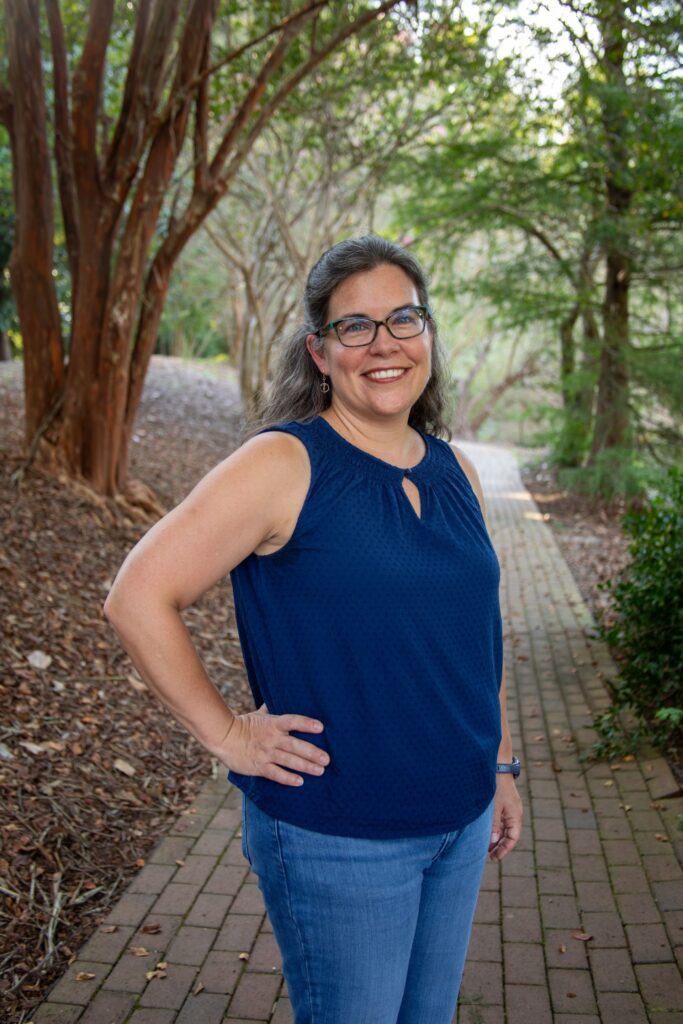
Teaching Children to Read with Discernment—
When my three children rode off on their bikes for the first time on their own, I took a picture and promptly called my mom. This felt like a Big Moment.
And yet, that Big Moment didn’t come out of the blue. My children had ridden in strollers, done “doughnuts” in our driveway on tricycles, gotten their first bikes accompanied by training wheels, and, finally, learned to ride a 2-wheeler sans training wheels. They were ready. But life is full of risk, isn’t it? This mama was glad to see them sail along towards home a few minutes later, flush with their new independence.
Teaching children to read with discernment is a lot like teaching them to ride a bike. We begin the first time we read them a story. Training wheels are the leveled readers that help children learn to read independently, and, before you know it, they can read everything: the tabloid headlines in the grocery store aisle, bathroom graffiti, and billboards, along with stories like Charlotte’s Web or Where the Mountain Meets the Moon.
As children shift from exclusively listening to stories, to reading new stories on their own, it’s natural to worry, much like I did as my children ventured forth alone on their bikes. Will they be safe in this new land? What if a book has something in it that we think is wrong? What if the book presents an unbiblical lifestyle? What if I don’t know the book has those elements in it?
Emily Whitten, co-founder of Redeemed Reader, encouraged me to think of shepherding my children’s imaginations. This doesn’t happen overnight or coincide with the magical moment of independent reading. It happens along the way as we read and talk about books. Deuteronomy reminds us to talk about the Lord with our children at home, along the road, when we lie down, and when we get up: our conversation should naturally and continually cycle back to our great God and His truth. Every book can be an opportunity to continue this great conversation. Ordinary chats about favorite books like Bedtime for Frances or The Snowy Day help set the stage for future discussions over books that might have issues.
How do we do this “shepherding” of our children’s imaginations in daily practice?
#1: Read God’s Word. Read God’s Word to your children, with your children, and in front of your children. Only by internalizing what God says in His word will we (and our children) be able to recognize what is or isn’t biblical. This is how we take every thought captive, how we become wise as serpents and innocent as doves. My colleague, Janie Cheaney, has reviewed more than 70 Bibles for children and teens on Redeemed Reader. She’s also written a guide available in our shop that contains all of those reviews in one place alongside helpful information on translations, extra features (like maps), and much more. I highly recommend it, especially if you are a children’s ministry leader seeking to encourage parents to get their kids in the Word.
#2: Pray with and for your children. Shepherding imaginations is part of raising our children in the knowledge and nurture of the Lord. None of us is sufficient unto this task without God’s grace. Seek His wisdom often in prayer.
#3: Do your homework: your children. What are your children’s struggles? Fears? What do they love? Where are their hearts hardened? Softened? Being students of our children helps us guide them as they read. Perhaps a certain book is just the thing to explore a sensitive issue together. Conversely, perhaps you’ll wait to read a popular book because of your child’s unique struggles.
#4: Do your homework: the books. At Redeemed Reader, we like to say we’re “reading ahead for you” because no one can keep up with all the books! Check sites like ours that tell you honestly what’s in a book, what might be good fodder for discussion, and how you might handle the book. Knowing a little bit about a book ahead of time can help us talk about the book intelligently with our children.
#5: Read and discuss! In our house, if we’ve read it, we can talk about it. We don’t talk about every book, but we can. Recently, my husband and I read and discussed books by R. C. Sproul and Kevin DeYoung with our teens; we also read and discussed Dune and The Hunt for Red October. But we started years ago with The Big Picture Story Bible and Elephant and Piggie books. And we set a habit of guarding our hearts, bringing Scripture to bear on any discussion, and delighting in stories well told.
Raising discerning readers is a journey, not a destination. And the ride is glorious.

Betsy Farquhar is a PCA “PK” (pastor’s kid). She graduated from Covenant College (1997) and earned graduate degrees from Hollins University (MA in Children’s Literature) and the University of Tennessee (MS in Information Science). She taught middle and high school English for several years. Currently, she is the Managing Editor at Redeemed Reader where she gets to do some of her favorite things: read and review books for children and teens. Betsy is a fan of George MacDonald, robust book discussions, and the Oxford comma. She lives with her husband and three teens in the Southeast where they are active members of a local PCA church.
